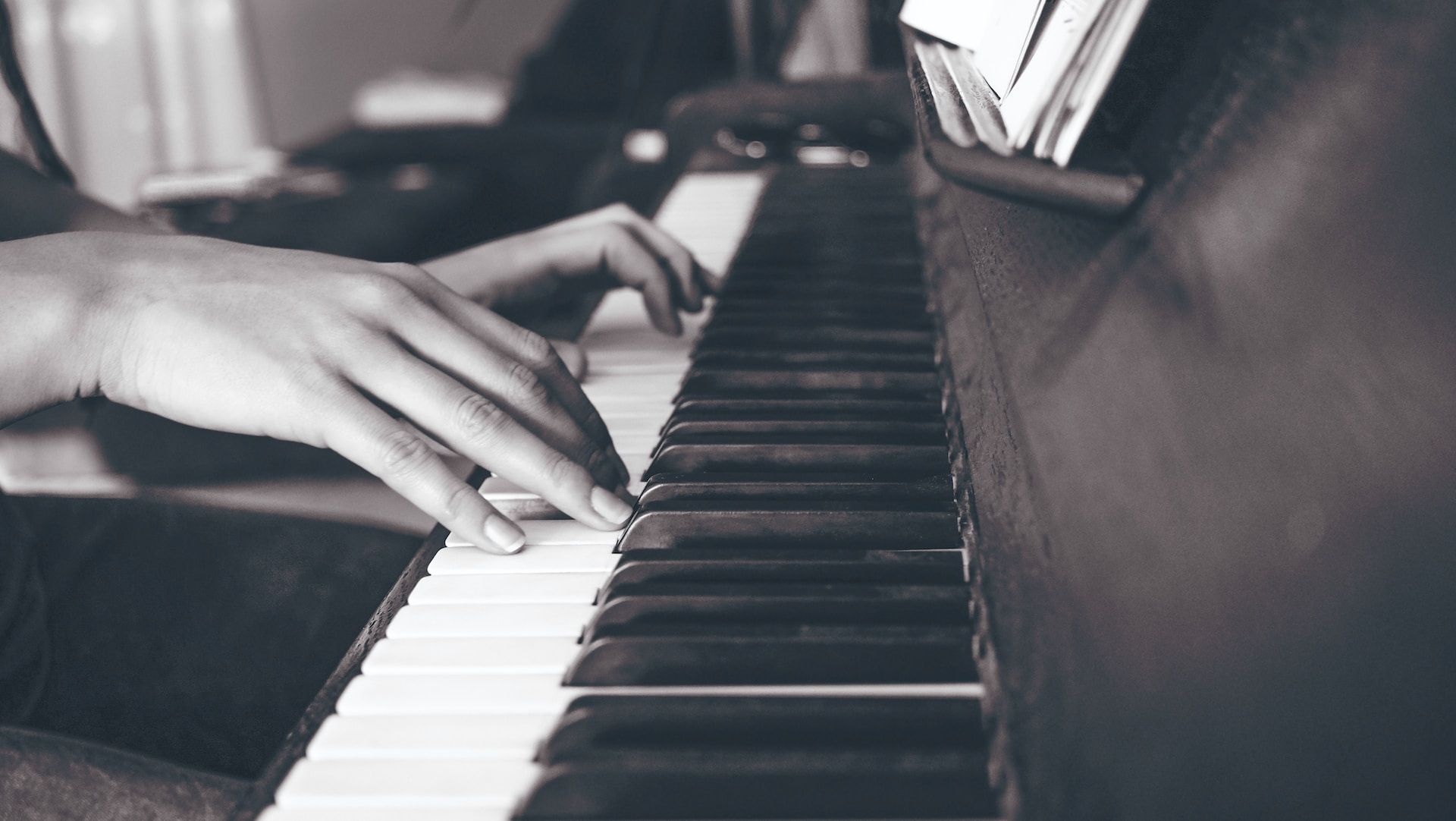Strategies for Effective Instrumental Practice

Mastering a musical instrument takes dedication but also a certain degree of discipline. Whether you're a beginner just starting out or a more experienced player looking to improve your skills, having an effective practice routine is advisable for progress.
Here are some tips on how to make the most of your practice time:
Set Specific Goals
I encourage students to pick up their guitar, bass or uke or sit at the piano or keyboard and have fun as often as possible. This is bit different to practising though. Practising involves setting concrete goals that you want to accomplish during each session. Setting goals will help you stay focused and make the best use of your time.
How long should I practice?
I would recommend trying to aim for around 10 to 20 minutes per day. I'd also highly recommend the use of a timer; this leads to greater focus but also a sense of achievement when the timer goes off and you've finished your session.
Structure your sessions
Dividing your practice time into segments and structuring each segment helps achieve your goals. For example, you may spend 5 minutes on scales as a warm up, 5 minutes on chord grips, 5 minutes on strumming, and 5 minutes on a song you hope to learn. Pacing your session this way helps ensure you're not just playing through pieces you already know but continuously advancing various skills.

Practice at a slower tempo
When learning a new piece, always start off slowly and gradually build up your speed. Master sections at a slower tempo before trying to speed up. Try not to rush through passages just to get through them faster.
Focus on weaker areas
I know from personal experience how tempting it is to keep going over parts of songs or exercices that you find easy repeatedly. You have to resist this temptation in your timed practice sessions and isolate problem spots, whether it's a difficult rhythm or passage, and spend time methodically by continuously practicing just that section. Master the most challenging parts and the rest will become easier.
Use a Metronome
I recommend using a physical metronome or app (article here), especially when you're starting out.
Record yourself and listen objectively
Listening back to your playing from time to time is essential (article here). Critical listening of your playing will help you identify areas that need improvement you may not have noticed whilst focussed on playing.
Book a lesson with Ben here
